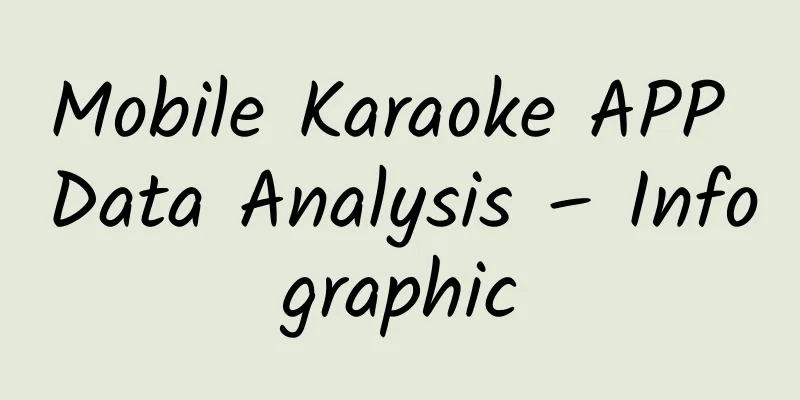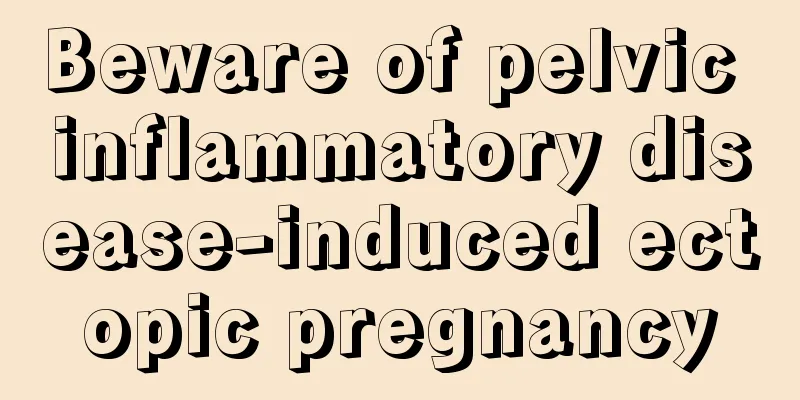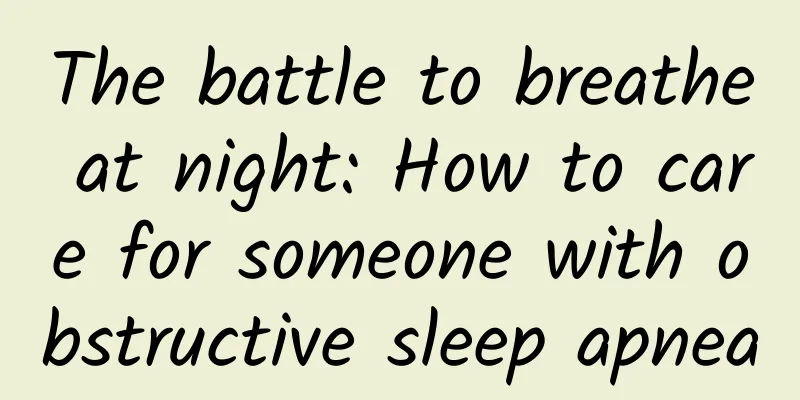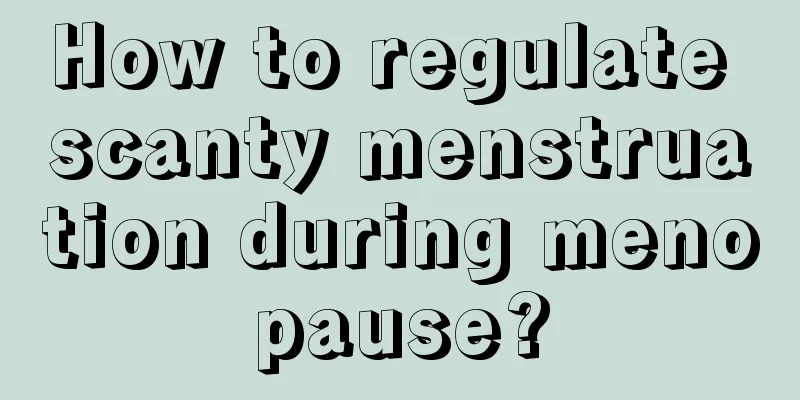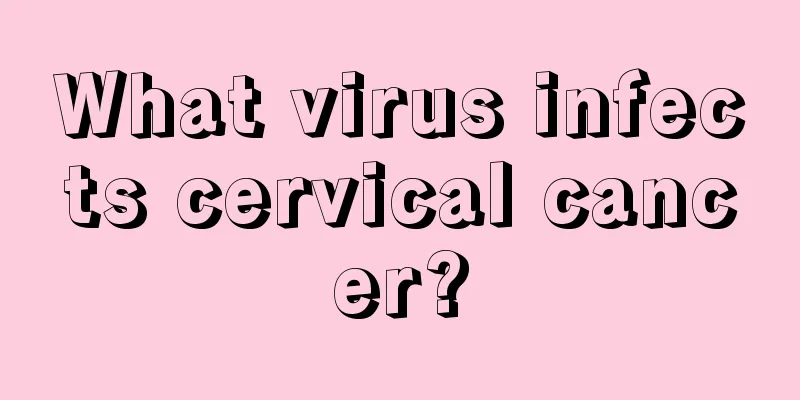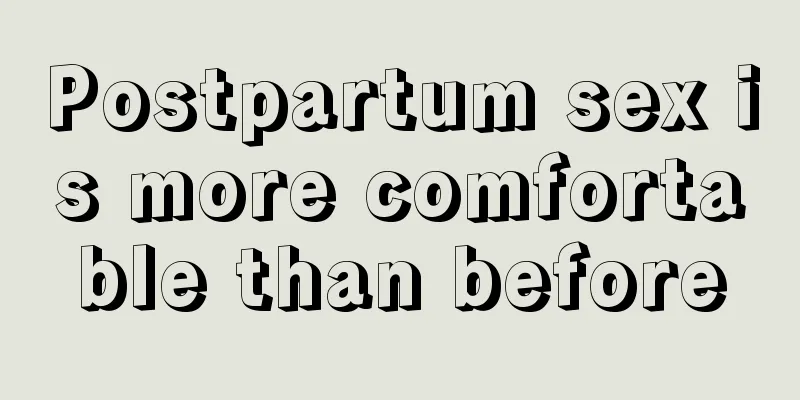How much do you know about cognitive impairment after stroke?
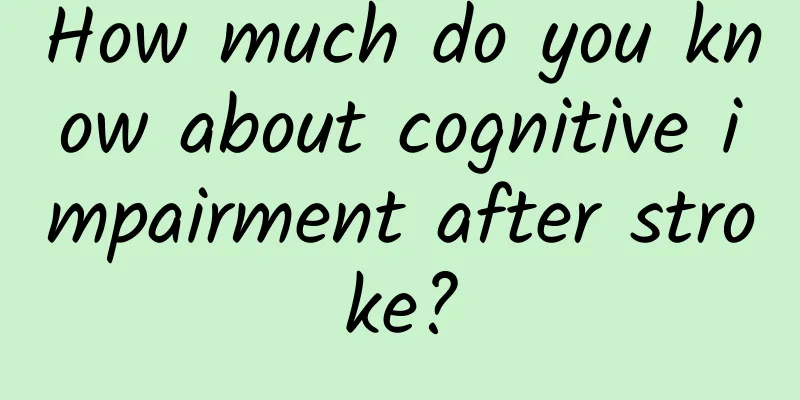
|
Stroke is a disease with high morbidity, disability and mortality. Globally, my country has become the country with the highest lifetime risk of stroke and the heaviest disease burden. Among them, about 1/3-1/2 of stroke patients will experience post-stroke cognitive impairment. Once post-stroke cognitive impairment occurs, the patient's mortality rate increases significantly, and the 5-year survival rate is only 39%, while the survival rate of stroke patients of the same age without dementia is 75%. Therefore, after a stroke, we should pay attention not only to limb paralysis and swallowing problems, but also to cognitive impairment, emotional disorders and mental problems. What is post-stroke cognitive impairment? Post-stroke cognitive impairment refers to a clinical syndrome characterized by cognitive impairment that occurs after a stroke event and persists up to 6 months. What are the symptoms of cognitive impairment after stroke? The human brain has two hemispheres, five lobes, and numerous nerve fiber networks, each of which performs its own function. Therefore, the clinical manifestations of post-stroke cognitive impairment are closely related to the location and size of brain lesions, as well as the presence of potential senile dementia, age, and education level. Currently, there are four main clinical manifestations of post-stroke cognitive impairment: 1. Decreased executive function and attention Some patients suffer from a stroke and experience reduced planning, design and anti-interference abilities at work, as well as difficulty concentrating. for example: ◆In daily life, we seem to be at a loss as to what to do when it comes to cooking and how to entertain guests. ◆Some emotional disorders, irritability, negative emotions and indifference occur. 2. Memory loss There are parts and circuits related to memory in the brain, such as the hippocampus, thalamus, cerebral cortex and its connecting fibers. Once the memory circuit is damaged, memory disorders will occur. for example: I forget what I just learned a while after eating. When I ask a question repeatedly, sometimes I can be reminded, but sometimes I can't remember it at all. I even lose long-term memory. 3. Language dysfunction Symptoms of a stroke that affect language are easily identified, including: ◆Motor aphasia: can understand other people's language but cannot express it; ◆Sensory aphasia: Unable to understand other people's language, can have spontaneous language, but can't understand what they are trying to express; ◆Anonomic aphasia: Unable to correctly name familiar people and objects, but can know the purpose of objects. 4. Visual-spatial impairment Refers to the space in human vision. Visual-spatial perception function, visual-spatial working memory, visual-spatial structural ability, etc. for example: Some patients after cerebral infarction find that they cannot recognize the faces of their loved ones, cannot play games with building blocks, cannot complete the clock drawing test, etc. Therefore, it is important to observe and detect the above symptoms in an acute stroke, especially if there are changes compared to the patient's pre-illness condition. Doctors will use various assessment scales for quantitative assessment. How is post-stroke cognitive impairment diagnosed? There should be three elements: 1. A clear stroke diagnosis: a stroke diagnosis supported by clinical or imaging evidence, including transient ischemic attack, hemorrhagic stroke, and ischemic stroke. 2. Presence of cognitive impairment: Patient complaints, reports from informed sources, or judgment by experienced clinicians indicate cognitive impairment after a stroke event, and neuropsychological evidence confirms the presence of functional impairment in one or more cognitive domains or evidence of cognitive decline compared to the past. 3. The temporal relationship between stroke and cognitive impairment: it occurs after the stroke event and lasts for 3 to 6 months. Who is prone to post-stroke cognitive impairment? 1. Elderly, female, or low-educated patients. 2. Patients with a history of stroke or recurrent stroke, hemorrhagic stroke, multiple lesions, large lesions, or dominant hemisphere lesions. 3. Imaging findings include atrophy of the entire brain or medial temporal lobe and white matter lesions. 4. A history of hypertension, diabetes, atrial fibrillation, smoking, or cognitive impairment before stroke. 5. People with stroke complications, such as infection, delirium, epileptic seizures, etc. How to treat cognitive impairment after stroke? 1. Treatment of stroke (thrombolysis, antiplatelet, anticoagulation, lipid regulation, etc.). 2. Treatment of stroke complications (cerebral edema, epilepsy, lung infection, gastrointestinal bleeding, electrolyte imbalance, etc.). 3. Treatment of cognitive dysfunction. ◆Drug treatment: There is limited research on drug treatment of post-stroke cognitive impairment. Currently, the cholinesterase inhibitors donepezil and rivastigmine are recommended for improving patients' cognitive function and daily living ability. Memantine has good safety and tolerability and may be effective for post-stroke aphasia. Mannitol sodium can improve cognitive function in mild to moderate Alzheimer's disease and may be beneficial in patients with post-stroke cognitive impairment. Butylphthalide, Ginkgo biloba extract, nicergoline, nimodipine, citicoline, and pentoxifylline may improve cognitive function in patients with post-stroke cognitive impairment. If emotional disorders such as anxiety and depression occur, or mental and behavioral abnormalities such as hallucinations, delusions, and aggressive behavior occur, anti-mental disorder and anti-anxiety and depression treatments are required. Non-drug treatment: Including psychological intervention, cognitive training (covering task training of increasing difficulty in processing speed, attention, perception, long-term memory, working memory, calculation, execution, reasoning and problem solving. Aerobic exercise, acupuncture, transcranial magnetic stimulation and transcranial direct current stimulation, etc.). |
<<: Food Safety | Will eating too many oranges cause internal heat? Five truths about eating oranges
>>: Hitwise: More than 50% of adult Internet users in the United States regularly use Facebook
Recommend
Pregnant woman coughs badly at night and has an itchy throat
Pregnant women who have severe coughs and itchy t...
Who is suitable for practicing Ba Duan Jin? Can Ba Duan Jin cure chronic gastritis?
Ba Duan Jin is a colorful treasure among traditio...
What is the first week of pregnancy like?
Gynecologists say that the first symptom that app...
6 signs of healthy kidneys, how many do you meet?
1. No swelling in the morning Healthy people usua...
What to eat when you are pregnant to give birth to a boy
Under normal fertilization conditions, there is n...
How to make vagina tight?
Having a baby is a relatively difficult thing for...
I am two months pregnant and I always have hiccups. What is going on?
If you keep having hiccups during the second mont...
How to preserve Hami melon in summer? What color of Hami melon is delicious?
Hami melons are usually green with net patterns, ...
Is mugwort effective in treating vaginitis?
Mugwort, also known as wormwood, has the effects ...
What is the best tea to drink? Why is there only one tea in Sichuan?
Cha Baidao is a self-created brand in Sichuan. It...
Is it necessary to use Chinese medicine fumigation after childbirth? Who is suitable for Chinese medicine fumigation?
Fumigation is a commonly used treatment method in...
Is it normal to have bloodshot eyes during early pregnancy?
Some women will find blood in their leucorrhea wh...
Can I check the six hormone levels while taking anti-inflammatory drugs?
A woman's body undergoes major changes during...
What to do if your nipples keep cracking
Repeated nipple cracking is quite sad for mothers...
Occasionally there is brown blood after 23 days of medical abortion
There are many unexpected pregnancies in life. Af...
